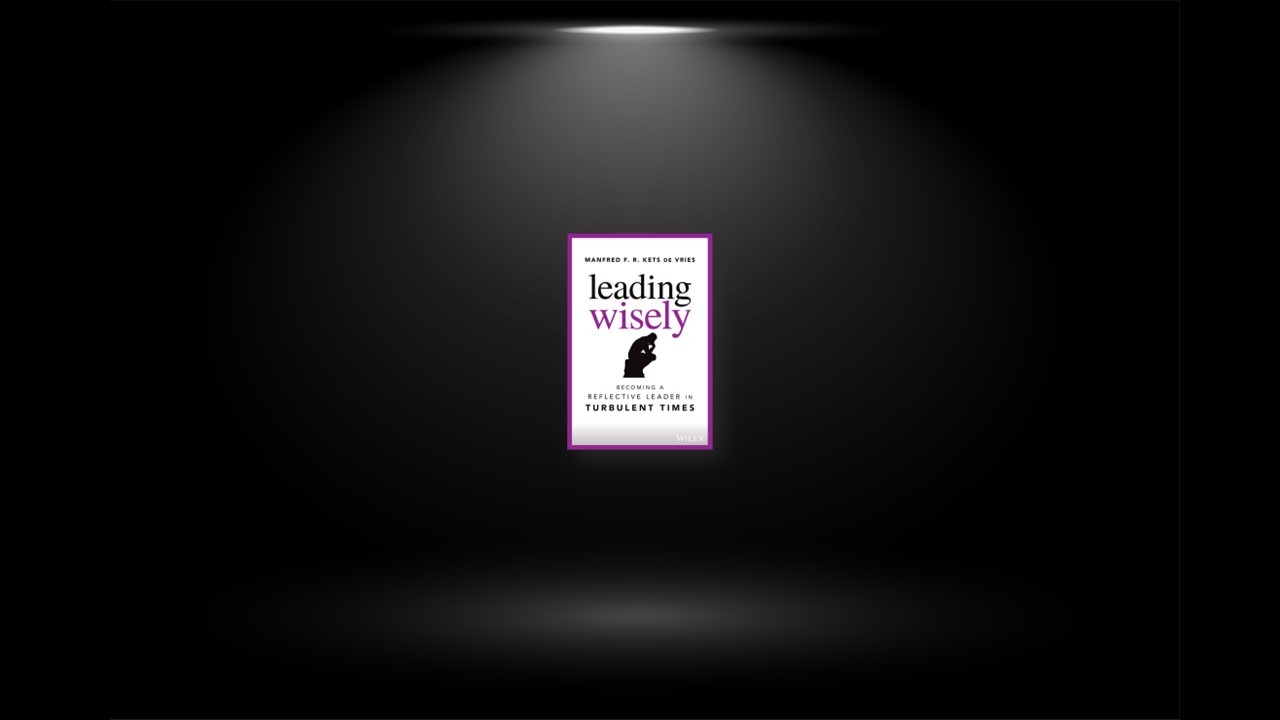The Golden Rule
One day the Buddha was walking through a village. A very angry young man came up and began insulting him, hurling all kinds of rude words at him, intended to ridicule and demean him.
The Buddha didn’t appear to be upset at all by these insults. Instead, he asked the young man, ‘Tell me, if you buy a gift for someone, and that person does not take it, to whom does the gift belong?’
The young man was surprised to be asked such a strange question and answered, ‘Of course, it would belong to me, because I bought the gift.’
The Buddha smiled and said, ‘That is correct. And it is exactly the same with your anger. If you become angry with me and I don’t get insulted, then the anger falls back onto you. You are then the only one who becomes unhappy, not me. All you are doing is hurting yourself.’
The Golden Rule suggests that you always treat people the way you would like to be treated yourself. In other words, what you do not want to be done to you, you should not do to others. It is precisely the rule’s simplicity that makes it so important and powerful, so simple to understand and so easy to apply.
Building bridges
Every day you have the choice between building fences or building bridges. One approach leads to isolation and irritation, the other to togetherness. Perhaps, next time, when somebody does you a wrong, you could remind yourself of all the things he or she did right. It might change your point of view. Even when whatever unfortunate thing happened was not your fault, the way you react to it will still be your responsibility. It is up to you to react wisely.
To hang on to anger due to past mistakes, because of hurtful breakups, toxic family relationships or the presence of hurtful lies is not a good way to live. It does not help you to grow, develop and mature.
Actually, you may discover that there is an extraordinary healing power in taking steps to forgive somebody, and that includes yourself. Although forgiving someone will not necessarily change the other person, it might very well change you. Therefore, it is quite unfortunate, in spite of its many benefits, that forgiveness is still one of the hardest things to do in life.
Envy
Unfortunately, for some people, the need to derogate someone whom they envy, becomes all-consuming. Similar to Cinderella’s sisters, they become vindictive and act spitefully. Sadly enough, by putting other people down, they are trying to lift themselves up. We can ask ourselves, however, whether that is a wise way of dealing with the challenges that life has to offer. Obviously, envy and wisdom are not compatible roommates.
What also should be kept in mind is that wanting what another person possesses is not necessarily a bad thing. Envy can be a great motivating force. For example, you may need a degree of envy to have ambition. Being somewhat envious of another person may motivate you to work harder – to get to where you really want to be. Actually, due to envy, you may go down a successful path that you would have otherwise never taken. Hopefully, however, when you are caught by envious feelings, they will be transformed into a stimulus to better yourself, not to spoil life for others.
Notwithstanding the fact that envy can be used as a positive force, like with so many other things in life, it is the excess that can become problematic. Excessive envy can exact serious economic penalties. For example, we can observe how the fear of other people’s envy could discourage innovation, creative efforts and positive achievements. Of course, in this context, the question of what is excessive can be raised.
Greed
Looking at the history of humankind, much of the messes that have come about occurred because the leaders who were in charge were not satisfied with what they had. Instead, many of these leaders, past and present, have proven to be deeply wanting. All too often they had forgotten that the purpose of effective leadership is to better the lives of others, instead of taking advantage of their power to satisfy their personal greed. In fact, the victory of greed over love and compassion can always be looked at as the darker side of human nature. As the German philosopher Friedrich Engels said, ‘From the first day to this, sheer greed was the driving spirit of civilization.’
Unfortunately, one basic human weakness is our apparent inability to distinguish our needs from our ‘greeds’. Thus, if you are susceptible to greed, it would be wise to remind yourself that it will always leave you dissatisfied because you will never be able to get everything you desire. You will never think that you will have enough. As a matter of fact, you can compare greed with a bucket that has a hole in the bottom. You will never be able to fill it up.
Listening
Listening implies inviting another person into your life. Listening is about making space for the other person, but as you may have discovered for yourself, to create this space is not always easy. In many instances, if you would be prepared to do a time and motion study, you may discover that while you think that you are engaged in an interchange of give-and-take, in reality, you are spending most of your life speaking.
Four monks decided to meditate silently without speaking for two weeks. They lit a candle as a symbol of their practice and began. By nightfall on the first day, the candle flickered and then went out.
The first monk said: ‘Oh, no! The candle is out.’
The second monk said: ‘We’re not supposed to talk!’
The third monk said: ‘Why must you two break the silence?’
The fourth monk laughed and said: ‘Ha! I’m the only one who didn’t speak.’
It did not look like there was a fifth monk present who was able to keep his mouth shut. None of the monks seemed to be familiar with the famous Japanese Zen kōan of the sound of one hand clapping. Most probably, what this Zen story is trying to convey is the importance of silence, listening and contemplation. Listening is the way to learn – to receive new knowledge – or as the Dalai Lama said, ‘When you talk, you are only repeating what you already know. But if you listen, you may learn something new.’ Is the reason why we have two ears and only one mouth that we should listen more and talk less? Thus, it should not come as a surprise that wise people tend to listen more. No wonder that the statues of the Buddha show him to have ears that are proportionately very large compared to his body.
Happiness
Nasrudin saw a traveller sitting disconsolately at the wayside. He asked, what is the matter?
‘There is nothing of interest in life,’ said the traveller. ‘I have a lot of money. I don’t need to work. I am on this trip only in order to seek something more interesting than the life I have at home. So far, I haven’t been lucky. I haven’t found happiness.’
Without another word, Nasrudin seized the traveller’s backpack and made off down the road with it, running like a gazelle. Since he knew the area, he was able to easily outdistance him. The road curved, and Nasrudin cut across several loops, with the result that he was soon back on the road ahead of the man whom he had robbed. He put the bag by the side of the road and waited behind some bushes for the other to catch up.
Presently the miserable traveller appeared, following the tortuous road, more unhappy than ever because of the loss of his backpack. As soon as he saw his property lying there, he ran towards it. After opening the bag, seeing that everything was still there, he shouted with joy.
‘Isn’t that a rather simple way of producing happiness?’ observed Nasrudin.
The Roman emperor Marcus Aurelius said, ‘The happiness of your life depends upon the quality of your thoughts.’ According to him, it is not what you have, or who you are, or where you are, or what you are doing that makes you happy or unhappy. It is how you think. The theologian Albert Schweitzer was wittier when saying, ‘Happiness is nothing more than good health and a bad memory.’
Wise people have realized, however, that much happiness is not out there; it is to be found within you.


